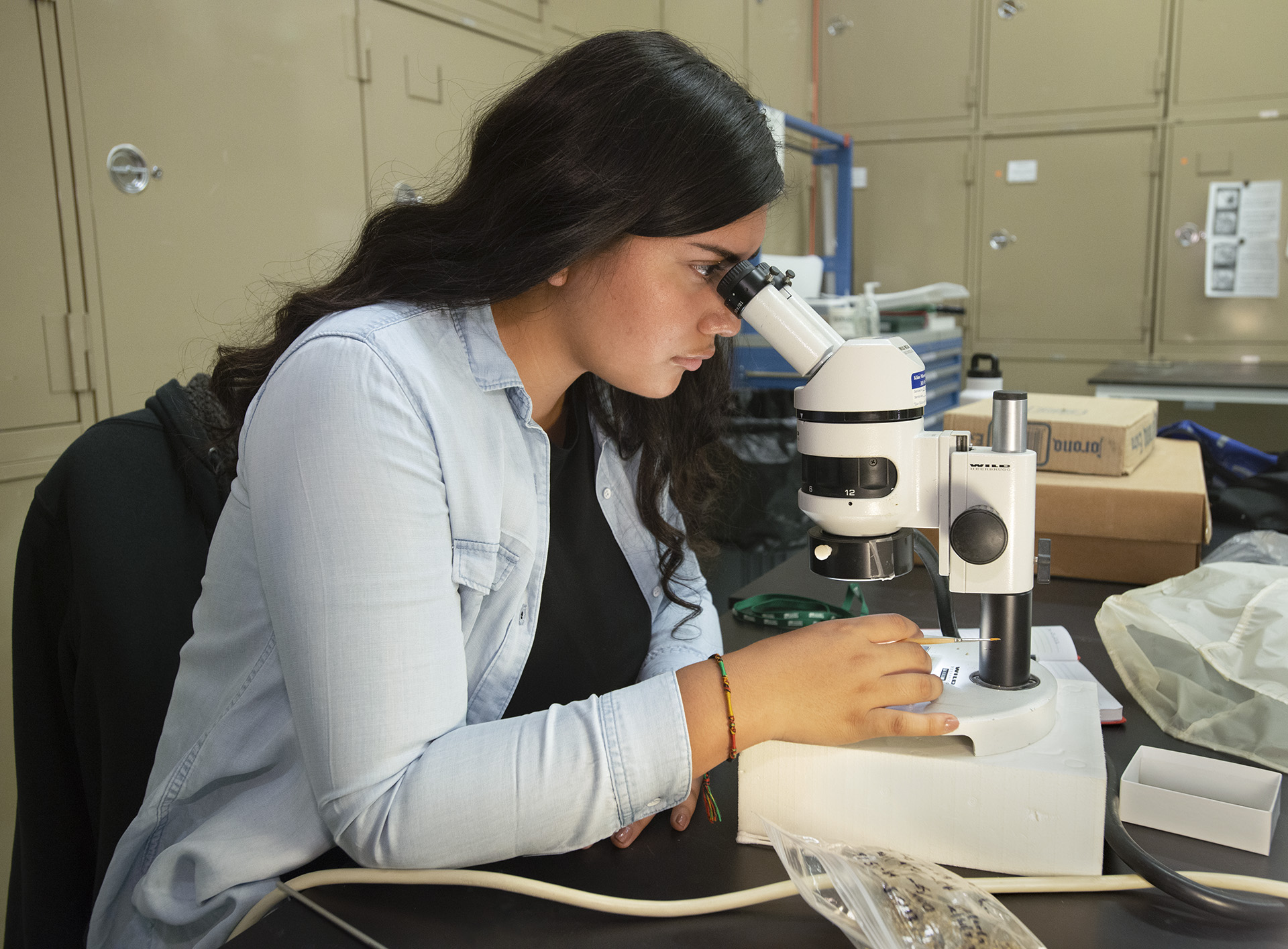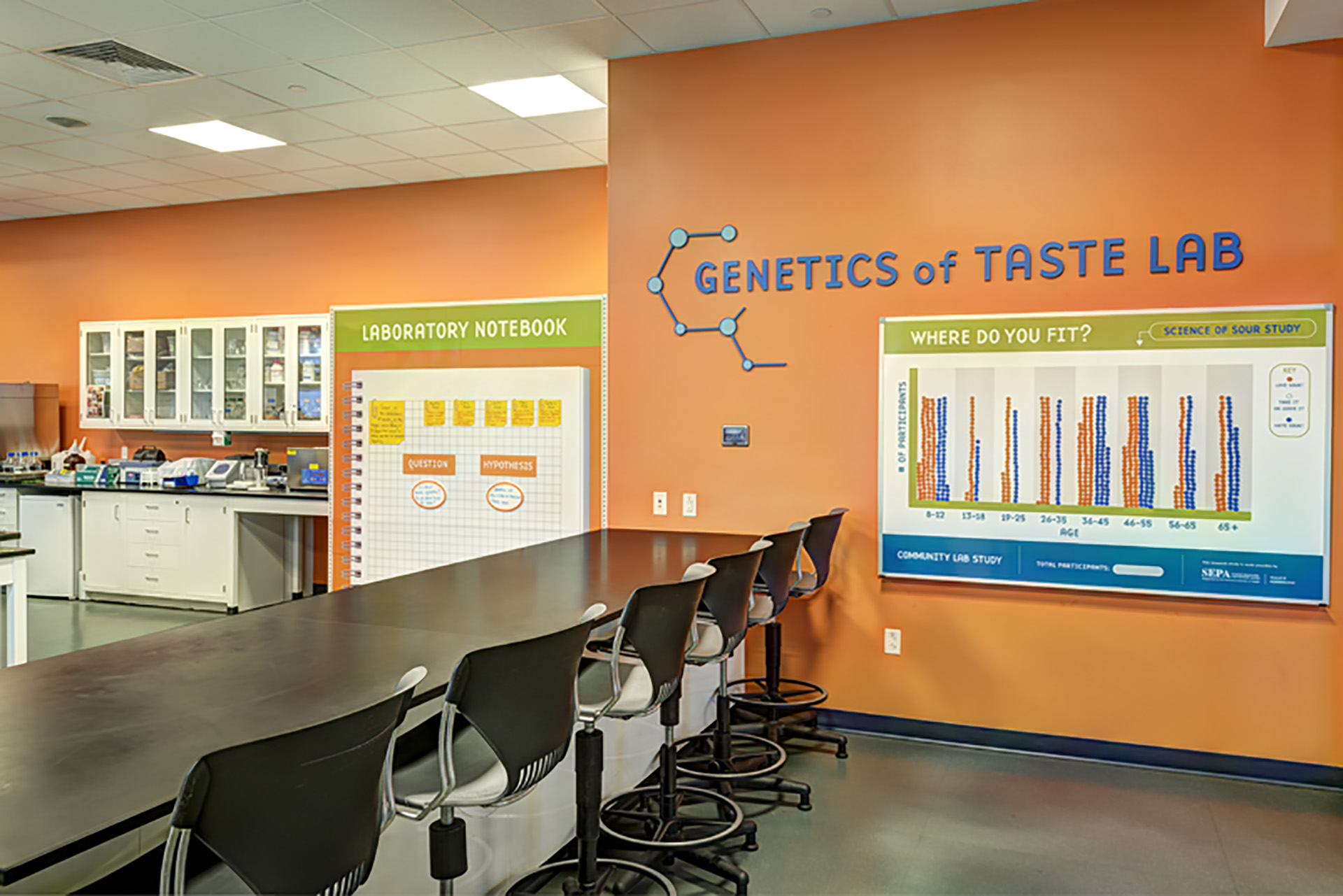The research collection in the Health Sciences Department is comprised of biological items from modern humans
The modern human biology collection includes 10 years of DNA samples collected with informed consent from Museum guests from the Genetics of Taste Lab, a century of histology tissue preparations donated by the Shikes Family, and a small collection of wet, dry, and plastinated anatomical specimens.
Over half of the anatomical specimens are on public display in the Museum’s human biology and physiology exhibition, Expedition Health, with the remainder of the collection housed in the Avenir Collections Center for long-term preservation. Specimens not on display can be viewed digitally through the Museum’s Image Database (LUNA, under Health Sciences), which is easily accessible to the public.
Human Anatomy Specimens
The Health Sciences Department is home to an impressive range of classical anatomy specimens. In addition to traditional preservation methods, we also have a number of plastinated specimens procured through a partnership with the Plastination Institute in Guben, Germany. Plastinates offer a unique view into the human body by showing organs and tissue that has been infused with plastic so they are flexible, odorless, and very durable. For more on plastination, visit the Plastination Institute (online or in person) in Guben, Germany.
Histology & Pathology
The Museum acquired 100 years of human histology history through a donation from Dr. Robert H. Shikes and his family. During his tenure as a professor at the University of Colorado School of Medicine, he used many of his slides for teaching, and his extensive knowledge on the subjects of pathology and histology were highly recognized by the international community of doctors. His collection includes a great variety of different tissues, ranging from the heart to the kidneys and from the skin to the nerves. Volunteers, interns, and experts have been tediously organizing the slides and associated paperwork to provide future researchers the opportunity to pursue further study and research of his work.
Modern Human DNA
The Health Sciences Department is unique in the world of natural history museums. In addition to dinosaurs and zoology, we study modern humans. In our community-based Genetics of Taste Lab within the Museum’s popular Expedition Health exhibition, we gather data from our guests to better understand the role human genetics plays in taste, food preferences, and overall health. In this way, we are able to crowdsource large amounts of real data while having engaging educational interactions with the public, and grow an amazing collection of modern human DNA for taste perception studies.

















